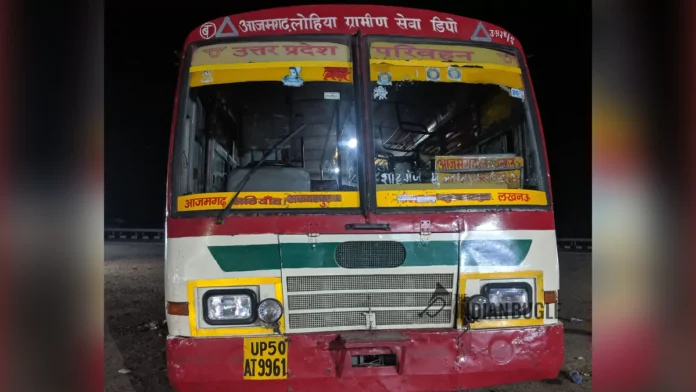The Supreme Court has intervened in the ongoing legal tussle between the Uttar Pradesh Congress Committee (UPCC) and the Uttar Pradesh State Transport Corporation (UPSRTC). The apex court has directed the UPCC to deposit Rs 1 crore within four weeks, temporarily halting the recovery of Rs 2.66 crores owed by the UPCC to the UPSRTC. This comes as a part of the long-standing dispute concerning the use of UPSRTC buses and taxis by the Congress party for political purposes between 1981-1989 when the party held power in the state.
Background of the Case
The legal saga began with a judgment from the Allahabad High Court in October last year, which instructed the UPCC to settle its dues to the UPSRTC, including an interest rate of 5% from the due date, within three months. The UPCC, dissatisfied with this decision, filed a special leave petition, leading to the recent intervention by the Supreme Court.
Court’s Stipulation for Stay
During the hearing, the Supreme Court bench, comprising Justices Surya Kant and K. V. Viswanathan, issued a notice on the UPCC’s Special Leave Petition. The Court expressed its intention to explore the possibility of appointing an arbitrator to determine the actual liability of the petitioner. Meanwhile, it directed the UPCC to deposit Rs 1 crore within four weeks. This deposit serves as a condition for temporarily staying the further recovery process, safeguarding the rights of both parties.
High Court’s Verdict and UPSRTC’s Position
The Allahabad High Court, in its previous judgment, observed that the UPCC utilized public property for its political purposes during its time in power. UPSRTC argued that between 1981 and 1989, vehicles were provided to the UPCC as per the directives of the then Chief Minister and relevant Minister, all belonging to the Congress party. Regular bills were raised, and the party was obligated to pay them.
Historical Recovery Proceedings
Highlighting the history of the case, the High Court noted that the state initiated recovery proceedings against the Congress in 1998 under the UP Public Moneys (Recovery of Dues) Act, 1972. However, these proceedings were stayed in November 1998, and the case has been pending for the past 25 years without the payment of bills.
Senior advocate Salman Khurshid, representing the UPCC, argued that even though the High Court stated no recovery under the 1972 Act, it exercised discretionary powers to mandate payment. The Supreme Court bench, led by Justice Kant, questioned whether public transport could be utilized by political parties for rallies without payment. Khurshid asserted that it cannot be allowed, emphasizing the need for a trial to determine the responsibilities of the government and political parties.
Despite Khurshid’s plea for a trial, the Supreme Court bench, considering the prolonged nature of the case, suggested exploring the possibility of arbitration. The counsel agreed, leading to the Court’s order for the UPCC to deposit Rs 1 crore within four weeks, thus putting a temporary halt to the recovery proceedings.
